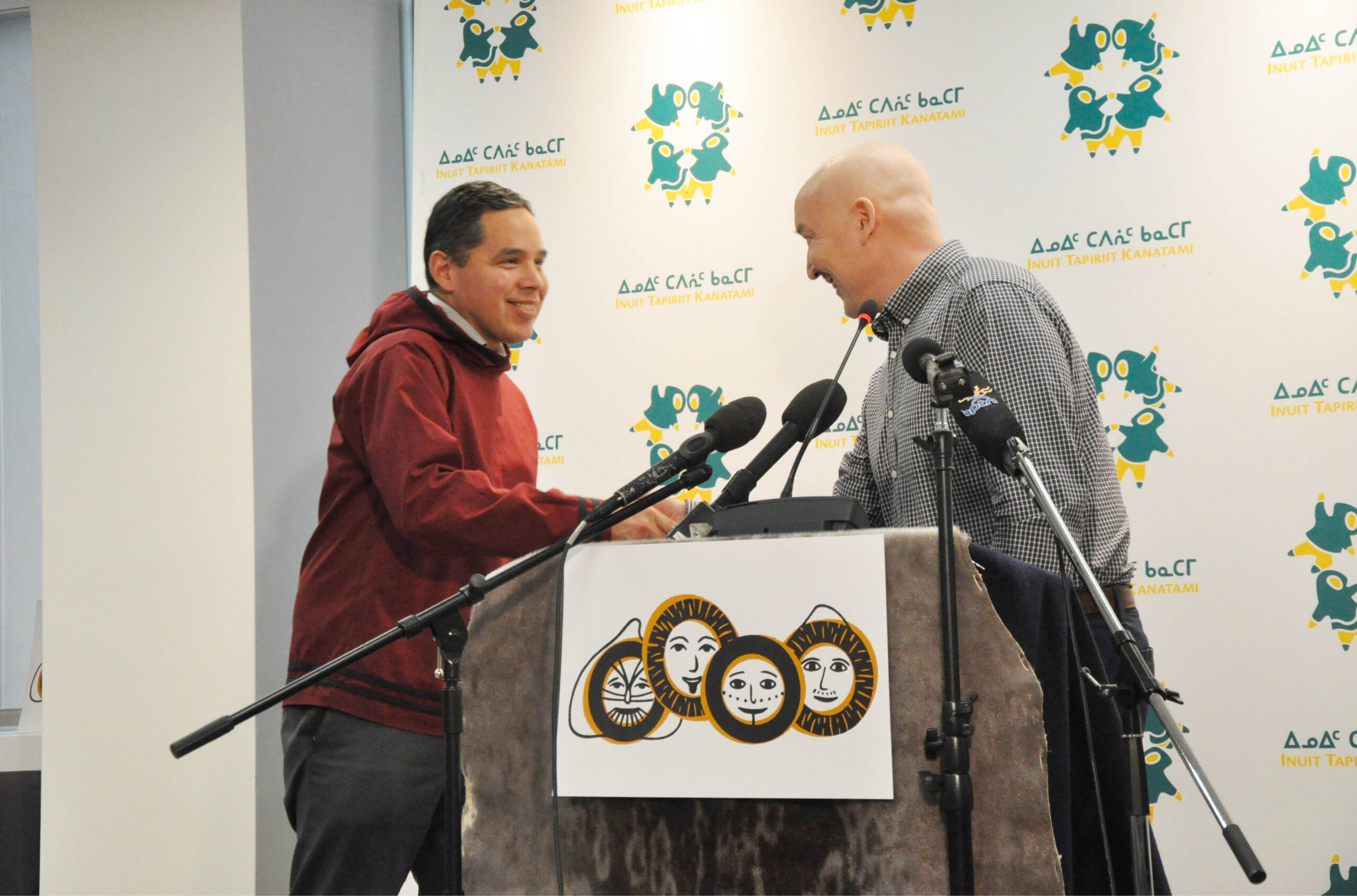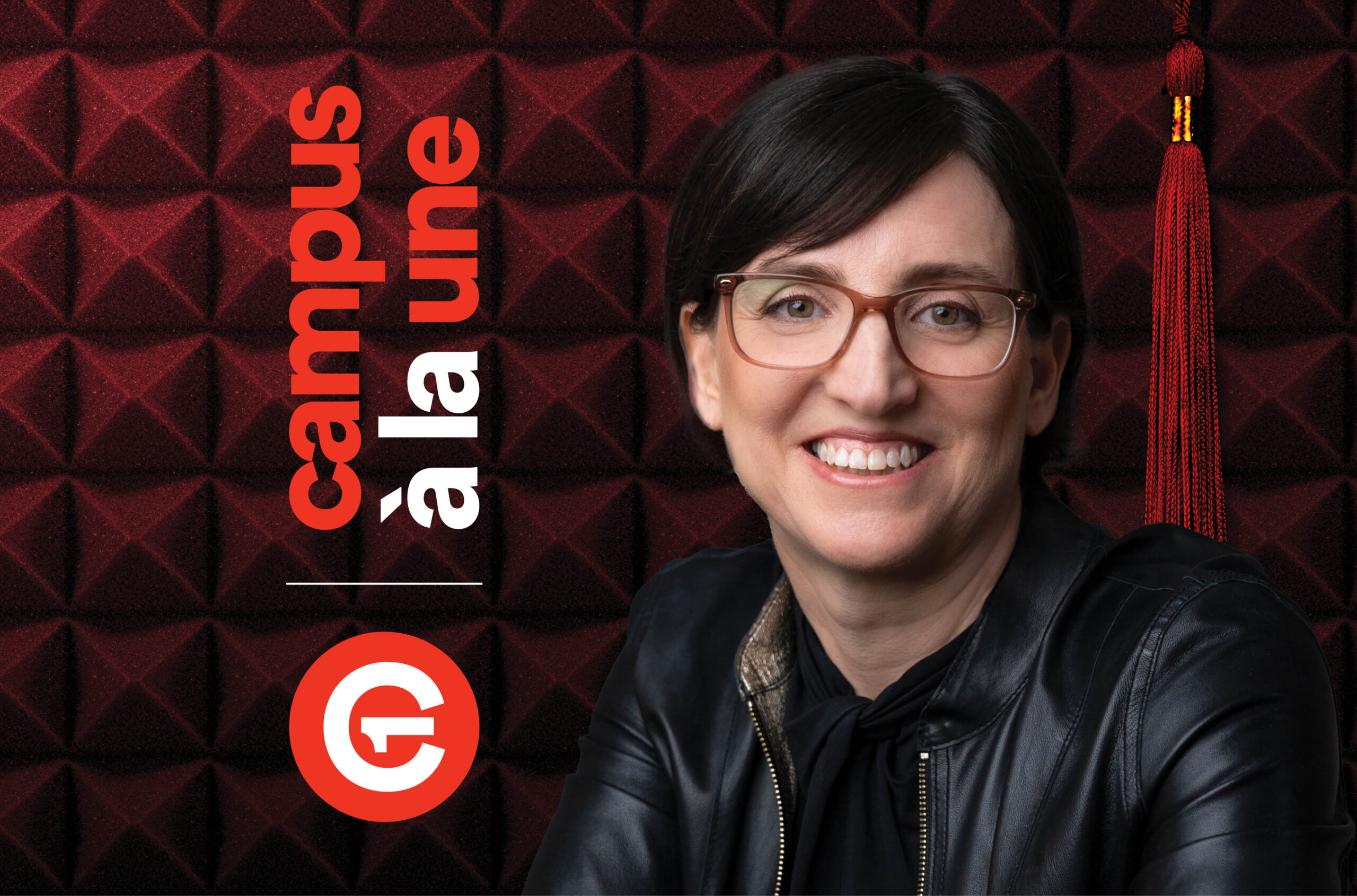Parliament reviews EDI for research grants
Witnesses testify for and against applying diversity criteria to scientific funding.

Parliament is wrestling with whether equity, diversity and inclusion (EDI) should continue to be a key component in determining which university researchers receive federal government grants.
Several individuals and organizations presented their views to the House of Commons Standing Committee on Science and Research in September and early October after the committee voted in June to study the criteria for awarding federal funding.
There’s a lot of money at stake — $3.6 billion per year. These grants are awarded by the Tri-Council agencies: The Canadian Institutes of Health Research (CIHR), the Natural Sciences and Engineering Research Council of Canada (NSERC), and the Social Sciences and Humanities Research Council (SSHR).
The Tri-Agency EDI action plan for 2018-25 states “In order to achieve world-class research, we must address systemic barriers that limit the full participation of all talented individuals. Moreover, we must create a culture where embedding equity, diversity and inclusion (EDI) considerations into all aspects of research is second nature.”
Currently, the granting agencies set out several EDI criteria, including supporting equitable access to funding. They also promote EDI considerations in research design and practice as well as inclusive participation on research teams. They back the collection of data to measure outcomes.
Diversity enriches research, proponents argue
In a written brief, the Canadian Association of University Teachers (CAUT) urged the panel to maintain and strengthen the EDI criteria across all funding programs.
“Equity frameworks play an essential role in ensuring fair and inclusive access for all scholars,” the brief stated.
Referring to Canada Research Chairs, CAUT argued it’s important to ensure “that institutions do not systematically exclude excellent researchers due to bias or discrimination. This is a legal obligation rooted in human rights law.”
Some witnesses argued that EDI is essential to the future of Canadian society. Wendy Cukier, a professor of entrepreneurship and innovation and the academic director of the Diversity Institute at Toronto Metropolitan University (TMU), said: “Excellence in research requires an equity, diversity and inclusion lens in the design and implementation of research projects or we put Canada’s prosperity, lives and well-being at risk.”
Dr. Cukier cited the example of conducting automotive crash tests with dummies modeled only on males, ignoring the fact that women are, on average, shorter than men. This put women at greater risk of injury or death in an accident. “We need disciplinary and demographic diversity,” Dr. Cukier urged.
Two other witnesses disputed the claim that merit should be the only selection factor in awarding grants. “The myth of meritocracy within academia is very firmly held,” stated Stefania Impellizzeri, associate professor of chemistry, and Costin Antonescu, chair of the Department of Chemistry and Biology, both at TMU.
EDI mandates undermine science, detractors say
A number of academics, however, expressed their concerns to the committee that EDI criteria in research grants politicizes scholarship, hinders academic freedom and in their view, undermines merit.
Steven Pinker, a Canadian psychologist and professor at Harvard University, told the committee that allocating funding to scientists based on race or gender “works against the interests of science and the nation.”
“It can be a waste of taxpayer money if grant dollars don’t go to the scientific research that is judged to be of the highest quality and priority,” Dr. Pinker said.
“The promotion of gender and ethnicity at the same time that diversity in opinion is constricted by censorship, cancellation or intellectual monocultures undermines public trust in science,” he argued.
Geoff Horsman, an associate professor of chemistry and biochemistry at Wilfrid Laurier University, didn’t mince words in his condemnation of EDI as a criterion for awarding grants.
He testified that his application for an NSERC grant renewal was turned down because “I was unable to profess sufficiently enthusiastic support for the official state ideology of EDI.”
The three granting councils aim “to tell us what to say and what to think,” Dr. Horsman said. “To quote Paul McCartney, it’s beginning to feel like we’re back in the USSR.”
Dr. Horsman urged the members of Parliament to de-politicize science funding by removing EDI requirements and to entrench a culture of free speech.
Dr. Patanjali Kambhampati of McGill University, who was born in India and moved to the United States as a child with his family, said he has personally experienced racism “ad nauseum” but is opposed to EDI as a factor in awarding grants.
“I don’t want that idea to propagate in any way, shape or form,” he told the committee. Instead, he wants to judge people on: “Can you do quantum mechanics?”
Other granting criteria also under consideration
While the majority of submissions focused on EDI, Julien Larregue, an associate professor of sociology at Laval University, opened his presentation with a statement that centered on funding inequalities across universities and the need for access to comprehensive grant data. He wants the granting agencies to share their data about which projects were not funded so that they can be analyzed.
Based on his research on SSHRC, Dr. Larregue said proposals from University of Toronto, McGill and the University of British Columbia had the highest chance of being approved, noting that the three schools also received the most money. He proposed that the granting system would be fairer if there were greater anonymity, so that granting committees could not be swayed by the prestige of a researcher’s name or institution.
Questioned by Bloc Québécois MP Maxime Blanchette-Joncas about whether francophone universities stand at a disadvantage relative anglophone universities in grant funding, Dr. Larregue replied that the more significant dichotomy is between large, urban and smaller, rural universities.
“I don’t think the right dichotomy for analyzing the matter is the opposition between francophone and anglophone universities, because we see that anglophone universities that aren’t part of this group of prestigious universities are just as disadvantaged as francophone universities,” he said. “In fact, major universities such as the Université de Montréal perform very well in terms of the number of grants they receive, if we want to consider the number of grants obtained as a performance indicator.”
Members of Support our Science, the organization representing graduate students and postdoctoral researchers, addressed a different issue. In a written brief, they expressed concern that the guaranteed minimum stipends in research grants leave them below the poverty line.
“The current disparities undermine excellence by shrinking and skewing the talent pool,” the brief stated. Students from low-income families cannot afford to participate in these research projects, it argued.
The committee is expected to report its findings and make recommendations to Parliament by the end of the year.
READ MORE: The excellence dilemma – University Affairs
Featured Jobs
- Anthropology of Infrastructures - Faculty PositionUniversité Laval
- Soil Physics - Assistant ProfessorUniversity of Saskatchewan
- Canada Impact+ Research ChairInstitut national de la recherche scientifique (INRS)
- Director of the McGill University Division of Orthopedic Surgery and Director of the Division of Orthopedic Surgery, McGill University Health Centre (MUHC) McGill University
- Engineering - Assistant Professor, Teaching-Focused (Surface and Underground Mining)Queen's University












Post a comment
University Affairs moderates all comments according to the following guidelines. If approved, comments generally appear within one business day. We may republish particularly insightful remarks in our print edition or elsewhere.
1 Comments
Mr. Ronson is remiss to exclude the fact that the Canada Research Chairs program –which was supposedly allocating prestigious positions based only on merit or excellence– was demonstrated to be discriminatory against women, disabled, Indigenous and non-White scholars. This did not change, despite a complaint filed in 2003, another in 2006, and multiple baby-step negotiations with the Tri-agencies and universities. Canadians may remember then Minister of Science, Kirsty Duncan trying to address this in 2015-2017. Finally, in 2021, the Canadian Human Rights Commission rendered a decision that the CRC program, as being run through universities was iniquitous. The reason we Canadians have EDI as one part of a research application assessment processes is to overcome the historical discrimination in the system.